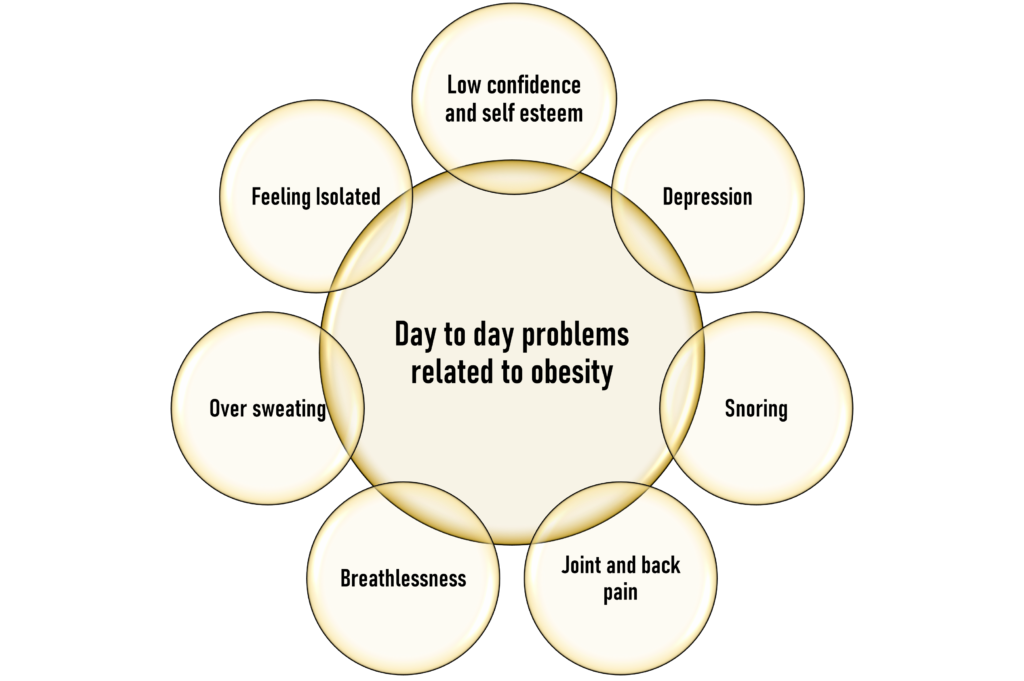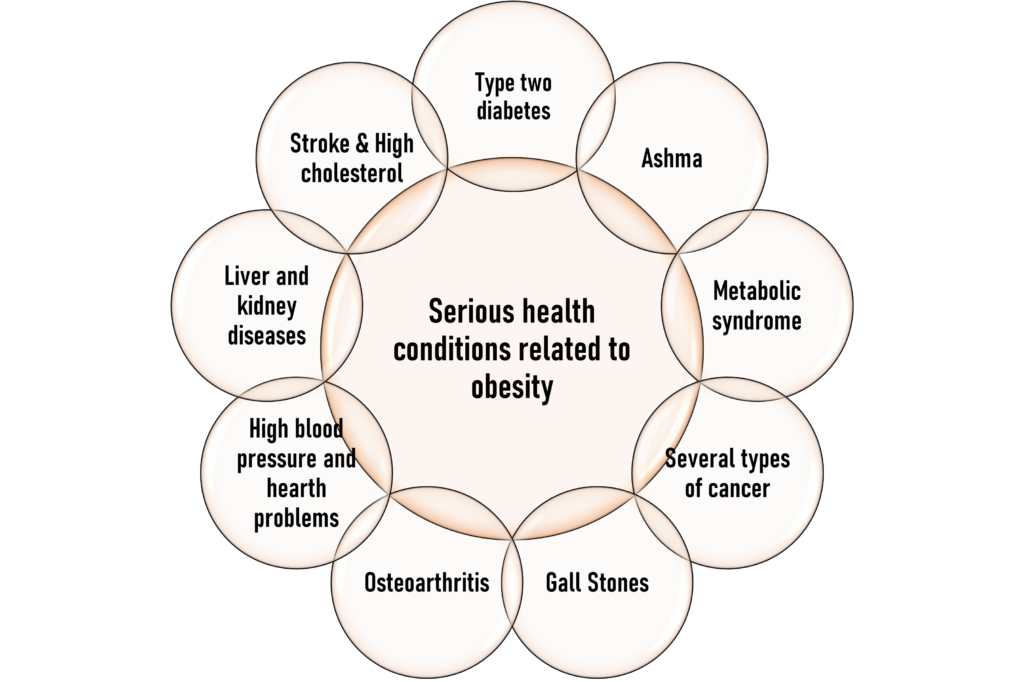REVIVE – a 9 steps program for sustainable weight management
Struggling to lose weight?

Satisfaction
Connection
Balance
(You can have it all)
Satisfying eating, connection with loved ones and a balanced weight.
One does not exclude the others.
This program is not only about losing weight faster and easier than ever before.
It is a about knowing yourself and creating life-long habits.
Trying to implement all the habits necessary to maintain healthy weight all at once is setting oneself up to failure
In this program, each week, you will learn a new and effortless way to implement new habits.
As you create and build upon these small success’s week after week, you are building up your sense of self-confidence and accomplishment.
By the time you complete the program, the material will have become integrated into your life for good.
Take action
I would like to invite you for an introductory session where we can discuss how this works, if this is the right approach for you and the wonderful possibilities this program entails. This can be face to face in Stroud or online anywhere in the world.
How it works

Cognitive Behavioural Hypnotherapy
+
Ideal nutrition for your body type
We will use CBT, Hypnotherapy and ayurvedic principles
CBT will help you understand yourself better and challenge your beliefs
Hypnotherapy will help you relax and open your mind to healthy suggestions
Ayurvedic principles will guide you to adapt your diet to your body type
Memory Reconsolidation Techniques, if trauma and past conditioning are the cause of your behaviours.
Hypnosis, however, is not magic. It is a way to use your mind more effectively and it takes training and commitment.
Does not happen overnight, but with consistency and determination you will achieve your goals.
You will need to have the dedication to reinforce the work we do together during your own time. That’s why you will have a home self-help program to follow. It is extremely important to honour our agreement and the home program.
This is a team effort. Your participation is required in order to have the success you want.
“REVIVE” may end up being the most important change you will ever make in your life!
Your journey

One step at a time
Step 1: The Foundation
Our objective this week is to help you set SMART goals, discover your limiting beliefs and learn how to go into a state of hypnosis.
Step 2: Real Hunger
You will learn to detect the difference between real hunger and emotional hunger. Between eating to smooth yourself and eating as nutrition. Eating to connect and eating to build the essential blocks of your body. If you want to learn more about what makes you overeat, read this article.
Step 3: Imagining the future
In this session you will work with two screens. A screen with your present weight situation the way it is now and another screen that brings into reality the new behaviours and body you will create.
Step 4: Access the Origin
In this session you will be taken back in time to the root of the problem. Sometimes merely getting an understanding of what’s causing the problem may help it resolve on its own. This will be a way to find out at an even deeper level, what beliefs are responsible for keeping on this extra weight. At this level of awareness, we invite in new resources to help you in your endeavour. We use the Rewind Technique to relief from trauma and past-conditioning.
Step 5: Movement
This week we add exercise to the program. Self-hypnosis to build motivation and discipline. The pleasure of moving your body, enjoying the sunlight and being in nature.
Step 6: Eat for a healthy gut
This week the focus is on healthy eating habits. Balance is achievable when you listen to your body and inner wisdom. You will start to really taste your food. The ancient medicine of ayurveda will help you understand your body type and choose the best nutrition for your gut health.
Step 7: Metabolism
This week we work with a hypnosis technique to turn up the metabolism and get it working at a balanced level, to help to burn calories and increase energy. In this session you will work with the cells within the body. We will use techniques to replace white fat by brown fat. Brown fat, also called brown adipose tissue (BAT), helps maintain your body temperature when you get too cold and improves your metabolism. BAT stores energy in a smaller space than white fat. When brown fat burns, it creates heat without shivering. This process is called thermogenesis. During this process, the brown fat also burns calories.
Step 8: Banish Old Patterns of Behaviour
During this session we will utilize one of the most powerful techniques of Neuro Linguistic Programming. This particular technique was originated by the famous Psychologist, Richard Bandler. It’s called “Switch.” Switching allows one to change the representations of things now considered desirable with things that would be more beneficial. Once you learn how to Switch, you can apply this technique to any habit you desire to change.
Step 9: Maintenance
This session summarizes everything you have been learning over the last eleven weeks. These suggestions are about reinforcing the success already achieved, as well as giving additional motivation to keep going.
Weight-loss program – Investment

Considering the costs of obesity
Day-to-day problems related to obesity include:
The psychological problems associated with living with obesity can also affect your relationships with family and friends, and may lead to depression.

Serious health conditions include:
Living with obesity can also increase your risk of developing many potentially serious health conditions, including (NHS):

Obesity reduces life expectancy by an average of 3 to 10 years, depending on how severe it is. But worse than that, induces low quality of live for many more years.
I don’t want to scare you but there is no scientific doubt about the real and dangerous issues obesity brings.
Have you calculated the costs of living like this? Have you taken in account the problems you will resolve when you commit to this program? You will:
Become healthier
Feel less pain
Breathe normally and able to move freely
Become more attractive
Become more confident
Be proud of yourself
You cannot put a value on your well-being and your health.
Fees
The entire program, including 9 sessions and follow up support, is £490.
If you wish, you can pay in three small instalments if you use PayPal. Check it here.
About the science
If you are interested in the science behind hypnotherapy for weight loss, please read this article on the Journal of Integrative Medicine. Or this paper on the Journal of Alternative and Complementary Medicine. For more about hypnotherapy read this article.
ase read this article on the Journal of Integrative Medicine. Or this paper on the Journal of Alternative and Complementary Medicine. For more about hypnotherapy read this article.